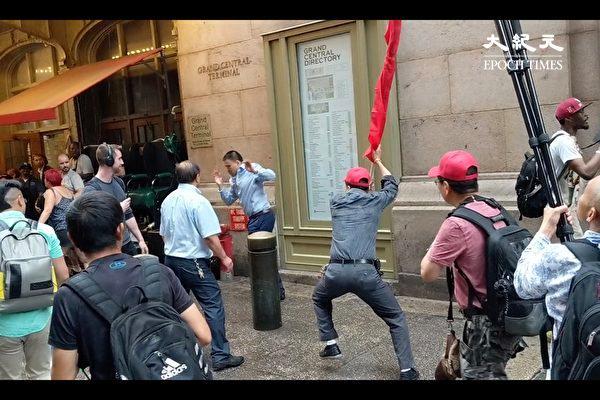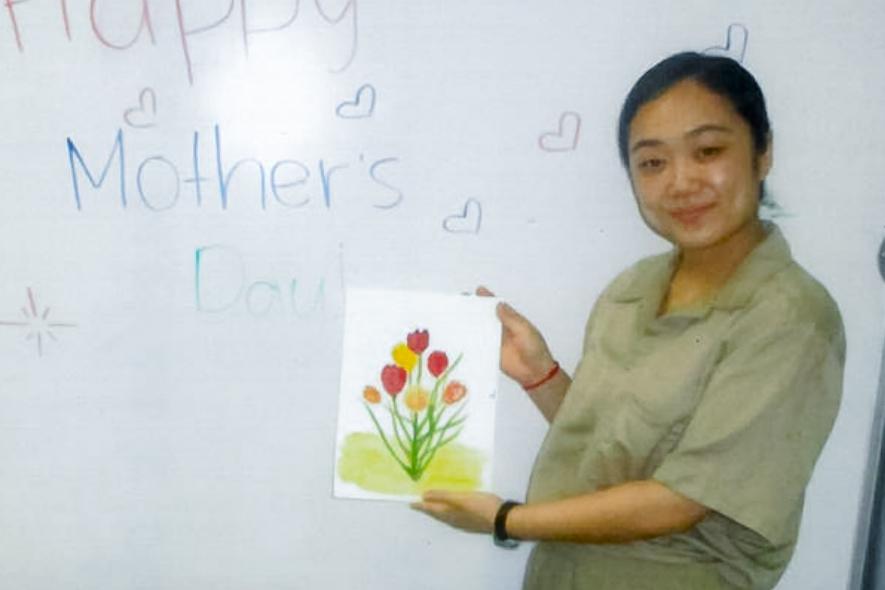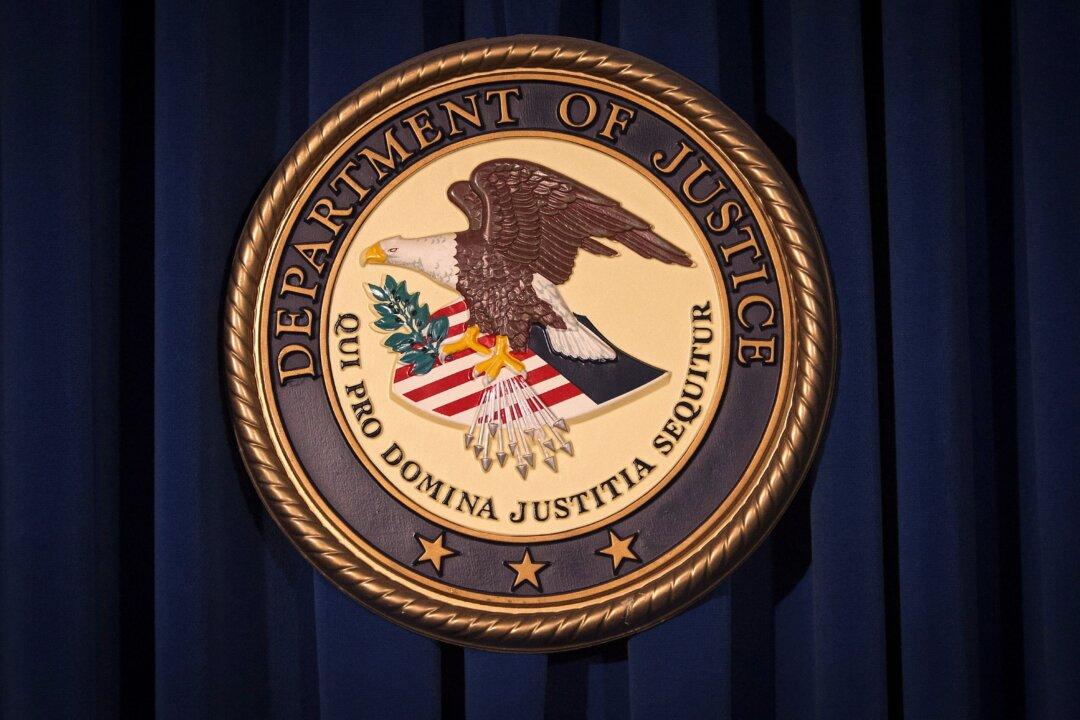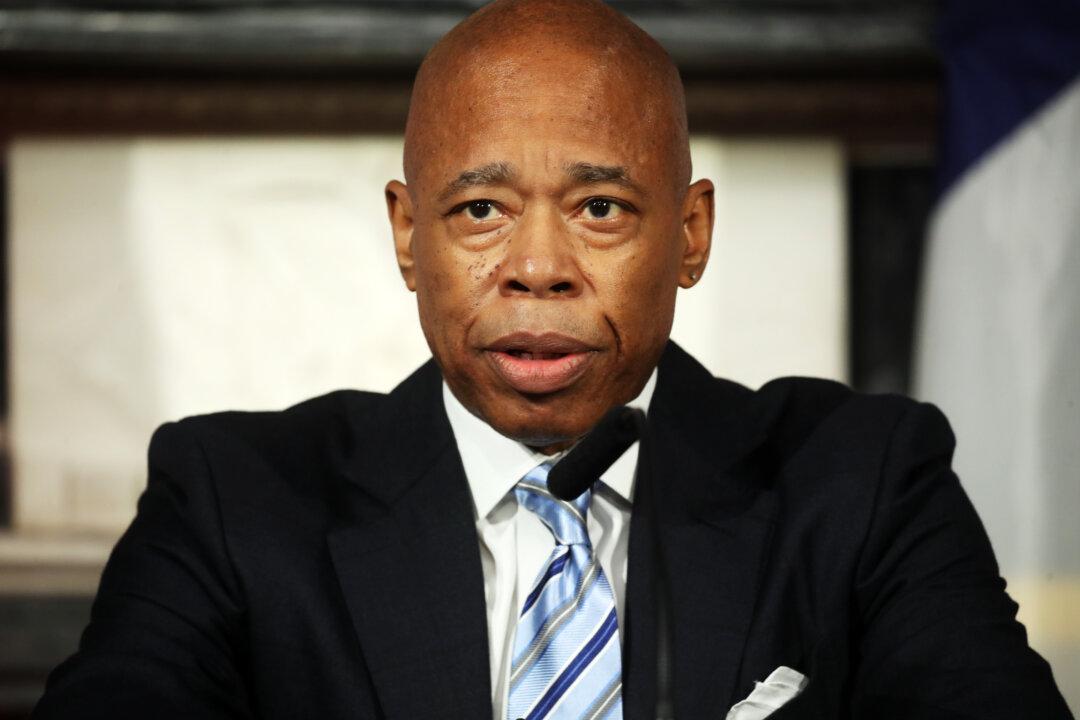The Chinese Communist Party (CCP) attempts to dictate the global Chinese news narrative by stealthy but seemingly innocent means. People who emigrate from China overwhelmingly prefer to receive the news in their native language. Through a complex structure of domestic and foreign registered news agencies, the CCP-controlled media translates global news to its advantage and distributes the doctored content with minimal pushback from governments worldwide.
China’s media spans multiple entities and is difficult to describe due to frequent reorganizations and fluctuating department titles. In addition to state-owned news agencies, multiple independently owned media outlets exist. Despite how some have operations registered overseas, they all remain loyal to the CCP and the spread of its doctored news and disinformation.




